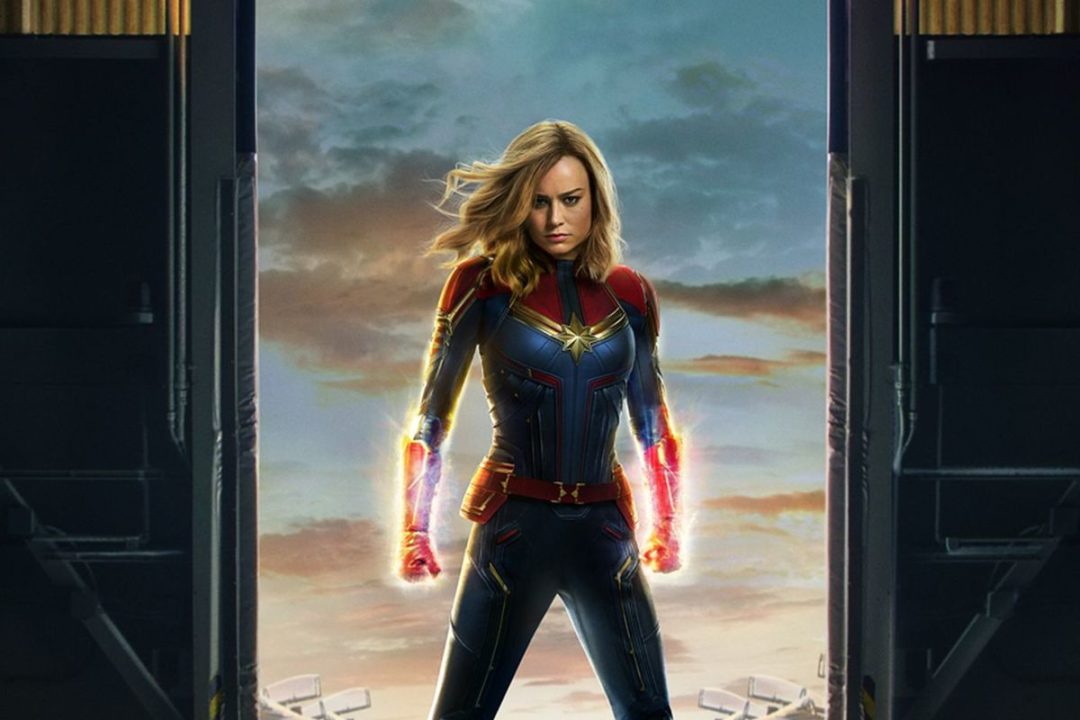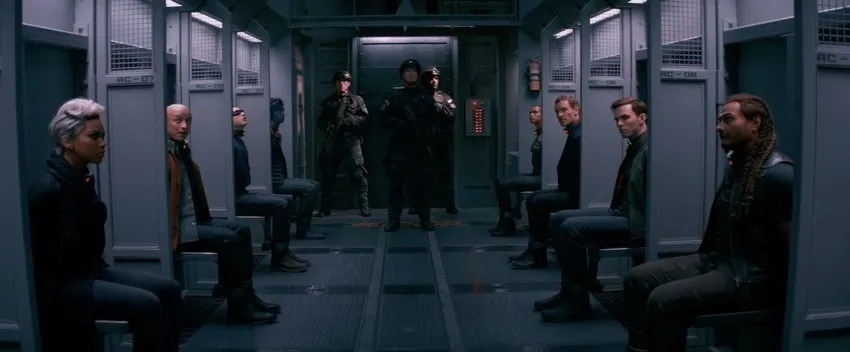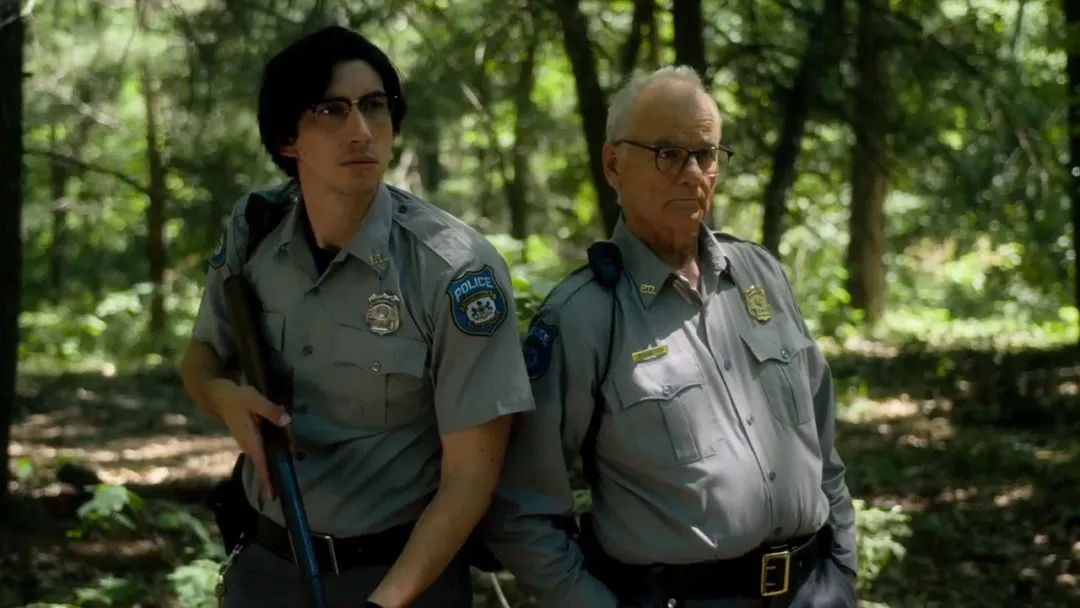There is so much amnesia in our media that you can’t forget it even if you try. Jane Doe in Blindspot, Samantha Caine in The Long Kiss Goodnight, Mike Howell in American Ultra, and of course Jason Bourne all wake up one day with no memory of where they picked up their super spy ninja assassin skills. Practically the entire cast of Dark Matter can’t remember who they are. In comics, Wolverine spent years rediscovering his incredibly complicated backstory after having his mind wiped and Swamp Thing forgot he was a plant. Superman, Flash, and Power Girl have also lost their memories.
If an alien visitor came to Earth and knew nothing about us except what they’d learned through watching our media, they would come away thinking that earthlings all lost their memories at least once a month. We don’t, of course. Plot amnesia — in which healthy people lose their personal histories but otherwise suffer no ill effects — basically doesn’t exist.
So why has this condition become so popular in fiction? The answer is that plot amnesia puts the main character in the same position as audience members. The protagonist and the viewer or reader have the same information and learn their backstory at the same time. Plot amnesia isn’t about memory loss at all. It’s about how viewers experience narratives.
Captain Marvel is the most recent big screen example of how plot amnesia works. The story begins by following Vers (Brie Larson), a Kree warrior in training. Vers doesn’t remember her past, but she’s determined to do her part to fight the nefarious shapeshifting, infiltrating green Skrulls.
In other words, Vers starts out in the movie exactly where you as the viewer start out. She doesn’t know anything about her backstory, just as you don’t know anything about her backstory.
Fictional narratives, always start in the middle; something always happened before whatever’s happening in the first sentence or shot. Writers need to find a way to let readers or viewers know the state of things: that Hamlet’s father is dead or why John McClane and his wife are separated.
You can do that through exposition. In Hamlet, the watchmen mention the old king is dead when they see his ghost. In Die Hard, McClane tells his cab driver why he and his wife are separated, and the audience gets to listen in. But with plot amnesia, you don’t need ghosts or cab drivers. You can have the protagonist seek out and discover the needed details herself as you go along.
In Captain Marvel, Vers is following the plot along with the viewers. She finds out that the Kree lied to her and that the Skrulls are the good guys at the same time that you do. She even learns her name along with you. You start to call her Carol Danvers at the exact moment she realizes that she’s Carol Danvers, a fighter pilot from Earth. Plot amnesia means she knows exactly as much, and no more, of the plot and backstory as you do.

In tying viewer and hero together, plot amnesia also brings the empowerment fantasies at the heart of many action movies closer to home. This is especially obvious in the many amnesiac spy narratives. In The Long Kiss Goodnight, for example, a suburban housewife gets conked on the head in a car accident and discovers she’s a deadly killer who’s highly skilled with knives and guns. American Ultra is about a loser burnout who discovers he actually possesses deadly skills.
These people are just average Janes and Joes who wake up one day with superpowers. Similarly, audience members enter the theater as just normal, boring accountants and librarians and freelance writers. Suddenly they’re imagining themselves as a hero who can kick the baddies through a wall. Plot amnesia replicates the empowerment fantasy. You enter the narrative, and all at once you’re kicking ass.
Carol’s plot amnesia doesn’t function in quite the same way. When you meet her, she’s a Kree warrior, not a normal schlub. But plot amnesia does sync up with the empowerment fantasy later on in smaller but important ways. Carol discovers that she can pilot a plane, for example. Like all those amnesiac super spies, she realizes she’s even cooler than she thought. That’s even more true at the film’s climax where she suddenly discovers that her powers are her own, not Kree granted, and that they’re much more extensive than just firing a force bolt or two. Plot amnesia means that Carol doesn’t realize how strong she is until the plot requires her to be that strong. She and viewers together learn just how awesome she is.

Plot amnesia can have some downsides, though . The first half hour of Captain Marvel feels disjointed and poorly developed in part because you’re dumped into an alien culture you know nothing about, which you see from the perspective of a woman who has no memories and doesn’t know who she is. You could argue that you’re supposed to be confused, as the protagonist is. But it’s not really Vers who’s confused; Vers is competent and focused, and Brie Larson doesn’t seem upset or conflicted. It’s not the character who’s out of sync but the script. Conversely, at the end of American Ultra, the fully self-actualized, cleaned up super spy is a lot less fun to spend time with than the burned out doofus he used to be, which is a bit of a let down.
Plot amnesia increases audience identification, but that sometimes comes at the cost of consistent character building. Real people don’t just suddenly sprout holes in their memories, so it can be hard to create convincing characters who just happen to have forgotten all the relevant plot details.
These drawbacks haven’t stopped plot amnesia from becoming a staple of pulp storytelling because we love stories in which our heroes know just as much as we do and we like to pretend that we may, at any moment, remember that we are heroes ourselves.





Published: Apr 2, 2019 02:00 pm